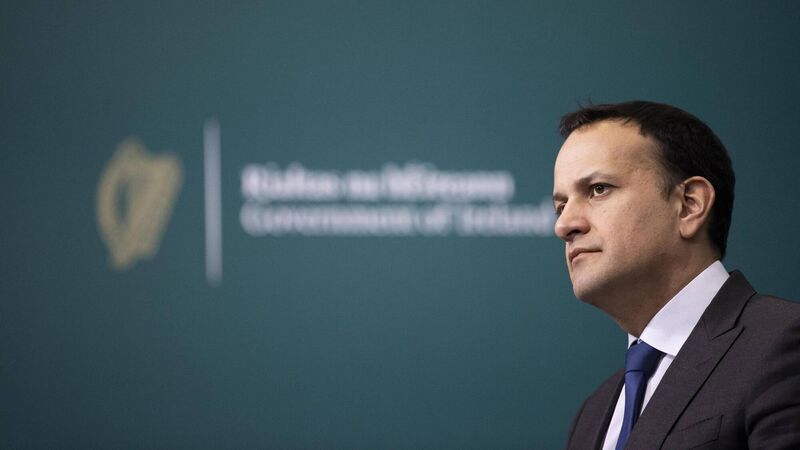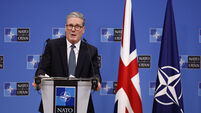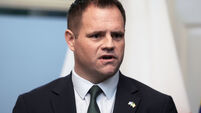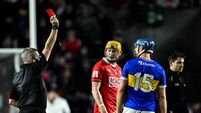Brexit tensions leave Irish-UK relationship strained, says Varadkar

Tánaiste Leo Varadkar: "What we have seen on the streets of Northern Ireland in recent weeks is really concerning."
Ongoing tensions because of Brexit means the relationship between Ireland and the UK is “strained, but it can be repaired”, Leo Varadkar has said.
Speaking at a virtual event on the impact of Brexit on Thursday, Mr Varadkar said Brexit, as a policy, was always going to be disruptive. And it was always going to have a disproportionate impact on the island of Ireland.













